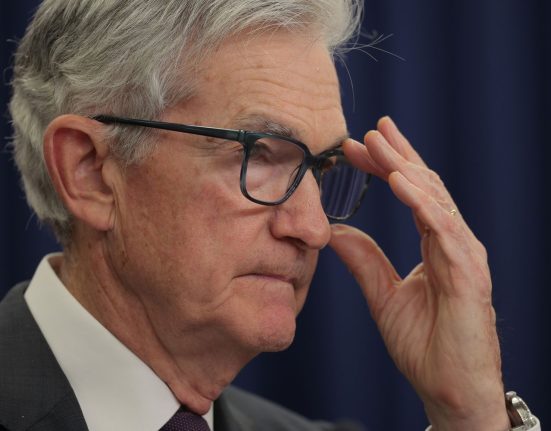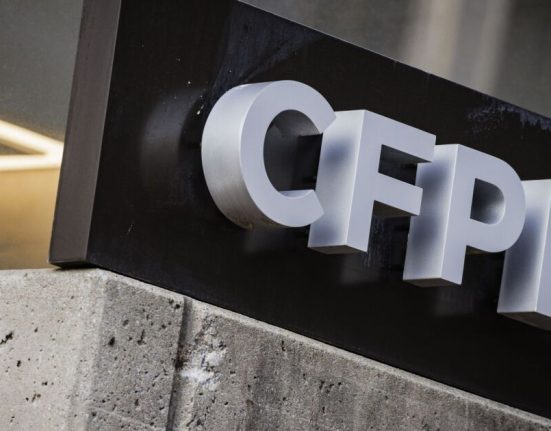“[Changes will be positive] because I want to see people’s KiwiSaver balances grow. KiwiSaver has become particularly important for those saving to buy their first home – we had more than 40,000 people use KiwiSaver to do that in the past year,” she told Hosking.
“And it’s become an increasingly important supplement for people’s retirement income.”
Willis announced yesterday that the Government was forecast to make its first withdrawal from the NZ Super Fund in 2028, five years earlier than forecast at last year’s Budget.

The fund was set up in 2001 to subsidise the future cost of Superannuation, easing the burden on taxpayers.
The date of the withdrawal – forecast to total $32m in 2028 – isn’t at the Government’s discretion and is written into the fund’s governing legislation.
The first withdrawal would be followed by some “bouncing around between withdrawals and contributions”, but from 2031 onwards, withdrawals were expected every year, Willis said yesterday.
Despite withdrawals, the Super Fund won’t shrink in the short-term. It will continue growing for some time as withdrawals will be smaller than the overall growth in the fund, the Herald reported yesterday.
Treasury’s forecasts, which were based on a complicated formula relating to how much is in the fund, GDP, taxpayer numbers and other factors, confirmed help was needed to pay for superannuation, Willis told Hosking this morning.
“We’ve all talked for several years about at a certain point, the cost of superannuation will get very high, and then we’ll need the Super Fund to help. We’re now at that point.”
Asked how much of the cost of superannuation the fund would cover “in its golden moments”, Willis told Hosking: “In its golden moments it’s only going to be about 20% of the total cost”.
“There’s no getting away from the fact that superannuation is very expensive … just in the next few years, it’s going to leap up to $29 billion a year, because there are a lot of people over the age of 65 and superannuation is pegged to the after-tax average wage, so that number keeps going up.
“That’s the commitment that we have as a country, is to fund that entitlement, and we then need to pay for it. And there are fewer taxpayers, of course, in the future to help pay for it.”







